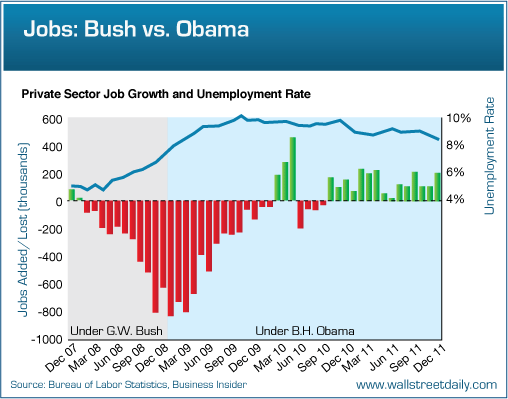Modern Monetary Theory, an unconventional take on economic strategy
About 11 years ago, James K. “Jamie” Galbraith recalls, hundreds of his fellow economists laughed at him. To his face. In the White House.
It was April 2000, and Galbraith had been invited by President Bill Clinton to speak on a panel about the budget surplus. Galbraith was a logical choice. A public policy professor at the University of Texas and former head economist for the Joint Economic Committee, he wrote frequently for the press and testified before Congress.
What’s more, his father, John Kenneth Galbraith, was the most famous economist of his generation: a Harvard professor, best-selling author and confidante of the Kennedy family. Jamie has embraced a role as protector and promoter of the elder’s legacy.
But if Galbraith stood out on the panel, it was because of his offbeat message. Most viewed the budget surplus as opportune: a chance to pay down the national debt, cut taxes, shore up entitlements or pursue new spending programs.
He viewed it as a danger: If the government is running a surplus, money is accruing in government coffers rather than in the hands of ordinary people and companies, where it might be spent and help the economy.
“I said economists used to understand that the running of a surplus was fiscal (economic) drag,” he said, “and with 250 economists, they giggled.”
Galbraith says the 2001 recession — which followed a few years of surpluses — proves he was right.
A decade later, as the soaring federal budget deficit has sharpened political and economic differences in Washington, Galbraith is mostly concerned about the dangers of keeping it too small. He’s a key figure in a core debate among economists about whether deficits are important and in what way. The issue has divided the nation’s best-known economists and inspired pockets of passion in academic circles. Any embrace by policymakers of one view or the other could affect everything from employment to the price of goods to the tax code.
...much more at link






